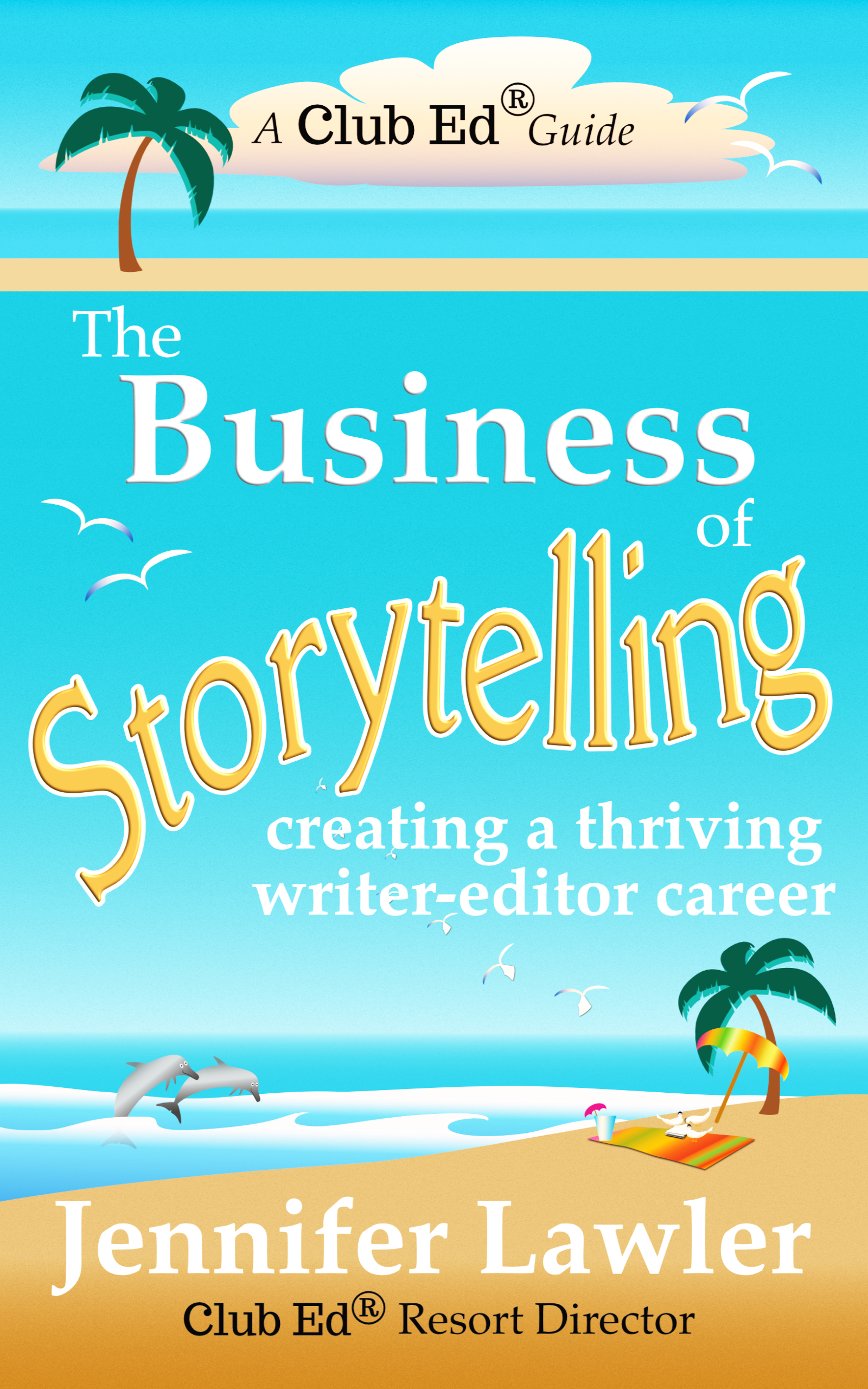How Freelancers Can Use the Pareto Principle
Learning how freelancers can use the Pareto Principle to level up their marketing game offers great business-building wisdom.
How Freelancers Can Use the Pareto Principle
The Pareto Principle, also known as the 80/20 rule, is a ratio used to describe certain economic and business situations, such as 20 percent of the people have 80 percent of the wealth, or 80 percent of your revenue comes from 20 percent of your customers. If you knew which 20 percent of your customers to focus on, you could forget the rest, do well, and have fewer demands on your resources.

What the 80/20 Rule Means for Marketing
If you’re trying to make a living as a freelance editor—or even just make some side income—then you know that you’re supposed to do a ton of things to market yourself. You’re supposed to have a website and a blog, but not just any old website and blog, a GREAT website and a blog with 5.3 million unique views each month (and each day would be better!). And you also need to be on Linked In, Facebook, Twitter, Instagram, Pinterest, and five other social media sites of your choice. You need to be able to write sales copy and sales pitches and know exactly who to send them to and when. And that’s before you even start your first edit.
Trying to do it all can quickly lead to burnout, the feeling that you’re doing nothing well, or the abandonment of the attempt. You end up wondering why freelancing is not working out like you hoped it would.
Instead, focus your efforts on those areas that bring the greatest rewards. If you enjoy Pinterest, follow lots of boards, and have lots of followers, and these followers turn into clients from time to time, your effort will be rewarded. So, there is no need to overextend yourself by also trying to be on Twitter and Facebook.
If you have a website that clearly says what you do and how people can get in touch with you, then do you really need to spend five thousand bucks and a hundred hours making it a little splashier? If you’re not interested in blogging on a daily or at least a regular basis, then try putting that idea aside and focusing your attention on other matters.
Do a few things well, see what happens, adjust your strategy as needed, and don’t beat yourself up for not having a clone. Look for what brings results and do more of that and less of everything else.
Tips for Editors & Writers
-
Coaching and Editing Discovery Drafts
Discovery drafts are typically the first draft of a novel that an author uses to explore the story they’re writing, whether the story has been prompted by a situation, a setting, a character, or a theme. The discovery draft typically includes stops and starts, directions the story could take but doesn’t, characters that fade in…
-
Editing for Character Development
When you’re editing for character development, keep in mind that even small changes have ripple effects throughout the entire manuscript. So any changes you suggest need to be important, or else you’re asking the author to do a lot of work for little reward. For example, sometimes I’ll see editors suggest things like, “Hey, you…
-
Editing for Character Consistency
Because writing a novel manuscript takes place over a long period of time, character inconsistencies can crop up. Maybe in Chapter 1 the author says that Joe has never been in trouble with the law but in Chapter 12 he has a history as a felon. As the editor it can sometimes seem puzzling to…
Join the Club!
New to story editing? Begin at the beginning.


